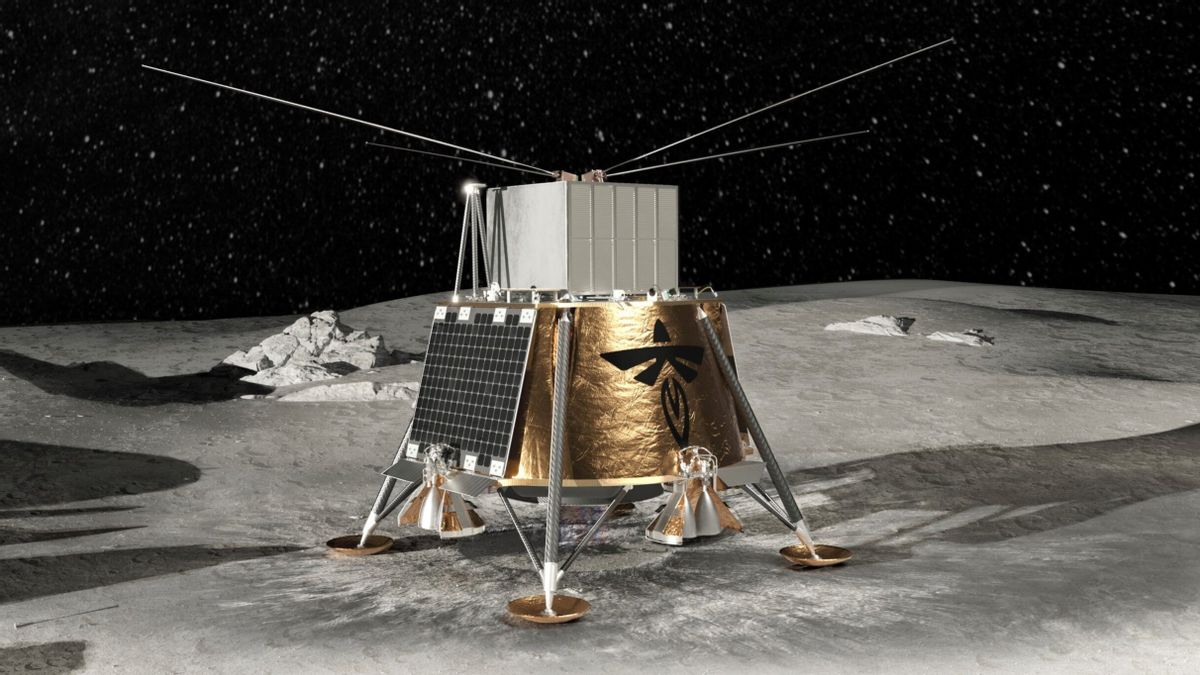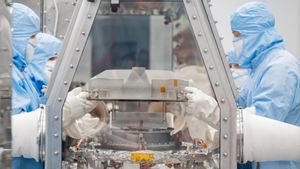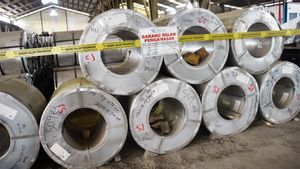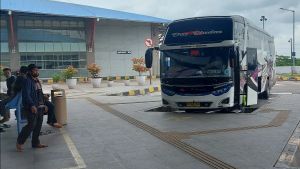JAKARTA - Apart from Mars, the moon has become a popular target for space scientists to research in the next few years. In fact, one of the focuses of the United States Aeronautics and Space Agency (NASA) is the moon.
The entire space agency continues to try to install research facilities in lunar orbit. Some of these facilities are the Base Camp Artist, International Moon Research Station, and various other facilities.
Reporting from the Universetoday, researchers plan to put astronomical radio on the moon to be free from land disturbances on the far side of the moon. This plan is included in the Lunar Surface Electromagnetic Night (LUSEE-Night) Experiment mission which will be launched next year.
On the far side of the Moon, radio conditions can be free from various disturbances and land sources. Radio antennas are also expected to be able to collect data during the night of the moon and will not be disturbed by radio waves from the sun or earth.
To develop this radio facility, several proposals have been submitted to build a lunar radio observatory. The construction of this observatory is said to be able to support various missions to the moon in the coming years.
SEE ALSO:
Despite having many advantages, the lunar observatory also has its own challenges because it needs to survive on the moon with extreme conditions. One of the possible conditions is the extreme temperature between day and night.
Meanwhile, the LuSEE-Night project is a collaboration between NASA and the Department of Energy (DoE). The collaboration also partners with Lawrence Berkeley National Laboratory, Brookhaven National Laboratory, UC Berkley, and University of Minnesota.
LuSEE-Night will rely on two pairs of antennas designed to measure the surface before it launches. Once the LuSEE-Night arrives on the moon, the Bekeley Lab team will set up a rotary board that can rotate the antenna to address radio noise caused by other planets, galaxies, and other factors.
The English, Chinese, Japanese, Arabic, and French versions are automatically generated by the AI. So there may still be inaccuracies in translating, please always see Indonesian as our main language. (system supported by DigitalSiber.id)


















